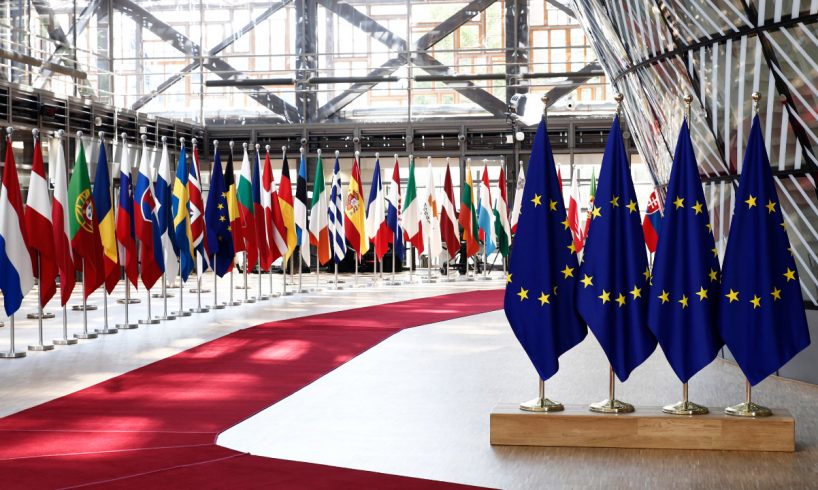
G7 countries and the European Union are examining ways to stop the use of cryptocurrency by Russia to evade sanctions. “We should take measures to prevent listed persons and institutions from switching to unregulated crypto assets,” said Germany’s minister of finance.
G7 and EU Seek to Prevent Crypto Use to Evade Sanctions
The Group of Seven (G7) nations are reportedly examining ways to stop individuals and companies from using cryptocurrencies to circumvent Western sanctions following Russia’s invasion of Ukraine. The G7 countries comprise Canada, France, Germany, Italy, Japan, the UK, and the U.S.
Finance ministers and central bank governors of the G7 countries held virtual meetings this week together with Ukraine’s Finance Minister Serhiy Marchenko. Germany’s minister of finance, Christian Lindner, was quoted by AFP as saying Wednesday:
We should take measures to prevent listed persons and institutions from switching to unregulated crypto assets. We are working towards this in the context of the German presidency of the G7.
“The problem is known and we are working on it,” Lindner said in an interview with Welt TV on Wednesday. He explained that “It’s about maximally isolating Russia at all levels” and having a “maximum ability to sanction,” which he said includes crypto.
This week, the U.S. Treasury Department also said that it is monitoring Russian efforts to use crypto to evade sanctions. “We will continue to look at how the sanctions work and evaluate whether or not there are leakages, and we have the possibility to address them,” said Treasury Secretary Jenet Yellen.
A growing number of countries and organizations are placing sanctions on Russia since its invasion of Ukraine. They include cutting selected Russian banks from the SWIFT messaging system, rendering them isolated from the rest of the world.
The 27 EU countries have imposed four sanctions packages on Moscow, including freezing Bank of Russia’s assets and disconnecting seven Russian banks from the SWIFT financial-messaging system.
The European Union will include cryptocurrency in its sanctions against Russia, French Finance Minister Bruno le Maire confirmed this week after a meeting of EU finance ministers. He told a news conference:
We are taking measures, in particular on cryptocurrencies or crypto assets which should not be used to circumvent the financial sanctions decided upon by the 27 EU countries.
The French finance minister added that the sanctions against Russia have been very effective, stating that it has disorganized the Russian financial system and paralyzed the Bank of Russia’s ability to protect the ruble. The Russian currency fell more than 30% this week.
Tags in this story
circumvent sanctions, cryptocurrencies sanctions, cryptocurrency sanctions, EU, European Union, evade sanctions, g7, g7 countries, Russia Ukraine war, russian sanctions, Ukraine Invasion
What do you think about G7 countries and the European Union trying to prevent Russia from evading sanctions using cryptocurrency? Let us know in the comments section below.
Kevin Helms
Image Credits: Shutterstock, Pixabay, Wiki Commons
Disclaimer: This article is for informational purposes only. It is not a direct offer or solicitation of an offer to buy or sell, or a recommendation or endorsement of any products, services, or companies. Bitcoin.com does not provide investment, tax, legal, or accounting advice. Neither the company nor the author is responsible, directly or indirectly, for any damage or loss caused or alleged to be caused by or in connection with the use of or reliance on any content, goods or services mentioned in this article.
More Popular NewsIn Case You Missed It
















